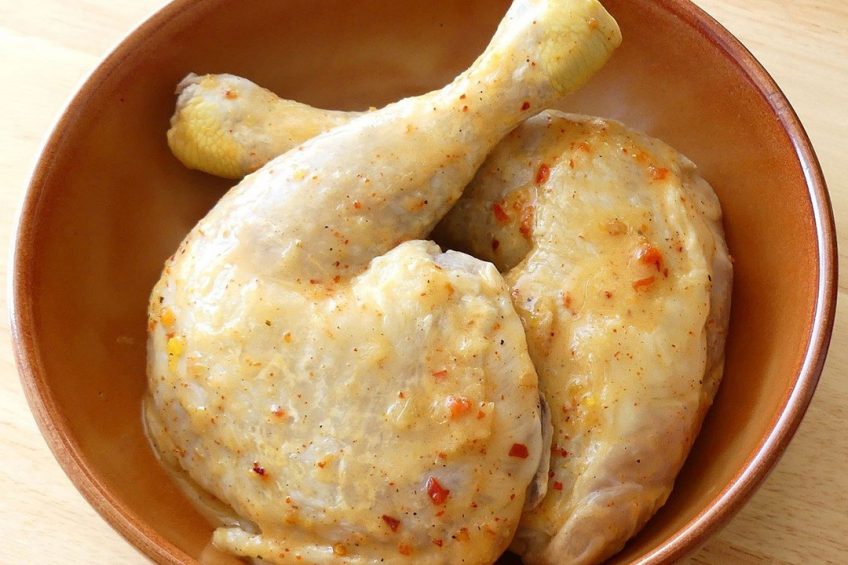New Zealand targets 20% decline in Campylobacter by 2025

New Zealand aims to reduce foodborne Campylobacter infections by 20% by 2025. This goal was informed by a study commissioned by New Zealand Food Safety that found more than 80% of cases are likely due to consumption of poultry.
The Campylobacter Action Plan for 2020 to 2021 focuses on improving biosecurity controls at farm level; boosting hygiene during primary processing; re-evaluating the regulatory target for Campylobacter that determines the allowable limit of contamination on chilled chicken carcasses; and consumer education.
Campylobacter is the most common cause of reportable foodborne illness in the country, says Bryan Wilson, deputy director-general for New Zealand Food Safety, adding, “Contributing factors are Kiwis’ ever-increasing level of consumption of fresh chicken meat and the way we handle, prepare and cook poultry meat in New Zealand. Working with the poultry industry, New Zealand Food Safety’s risk management strategy has achieved more than a 50% reduction in foodborne cases since 2006.”
Poultry Health Tool
For the latest insights on the 40+ most common poultry diseases, focusing on causes, clinical signs and proven treatment and control measures.
New Zealand Food Safety is part of the Ministry for Primary Industries (MPI). MPI’s 2017 to 2020 strategy aimed to reduce human foodborne campylobacteriosis in New Zealand from 88.4 cases per 100,000 people in 2014 to 79.6 cases per 100,000 by the end of 2020. The year-long Source Assigned Campylobacteriosis in New Zealand Study (SACNZS) estimated 84% of cases could be attributed to a poultry source, 14% to a cattle source and 2% were unassigned.
Also interesting: UK: Rise in campylobacter contamination in fresh chicken












